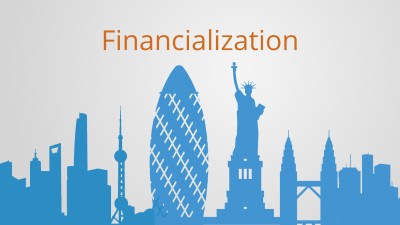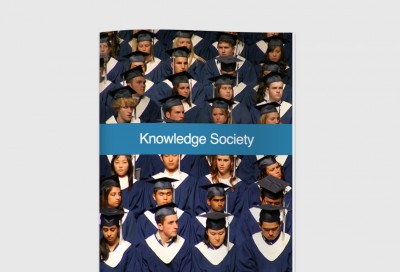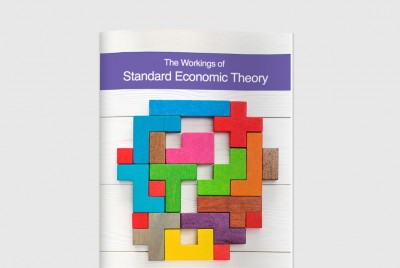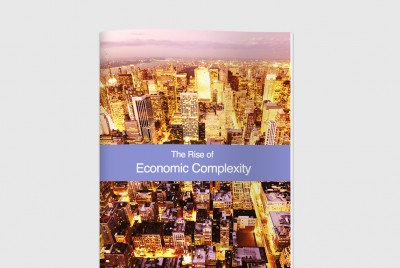Innovation Economies
Innovation is almost everywhere from the cars we drive, to the smartphones in our pockets, to the satellites orbiting the planet. It is in all the products, processes, and services that make our global economy go round; it is the embodiment of intelligence that has created our hi-tech world. But until very recently the value of this intelligence has been largely hidden from us. Hidden away, wrapped up in the physical stuff of products and until very recently economics and management have been focused very much on production and allocation efficiencies. But today innovation is breaking free from its shackles. With the advent of information technology, the genie is truly out of the bottle this time, as human intelligence is fast coming to trump physical capital as the recognized driver of global economic development.
The innovation economy is shifting the focus of societies around the world. Instead of economies focused on developing and distributing valuable commodities from scarce resources, society’s new goal is to increase the quality of life and create value by designing and developing new business models, products, and services. The global economy is in a massive process of change as we move into a new form of post-industrial economy based on services, information, and knowledge. This transition requires that the resources, rules and methods that determined success in the industrial economy need recreating in a globalized economy of networks and knowledge, where an idea can travel around the world in a second and reach millions within an hour or hundreds of millions in a week.
In this paper, we look at the various dimensions of this emerging innovation economy. We start by firstly identifying some of its key drivers as we talk about the influence of globalization, information technology, and the services economy. We go on to analyze what exactly innovation and the creative economy are before looking at the learning organization; an organization model that is optimized to foster the intellectual capabilities of its members and convert ideas into business solutions. The final section of this paper deals with the role of innovation ecosystems and open innovation as optimal solutions for developing a knowledge-based economy.
Publish Date: 16-2-2017
Length: 24 pages
Type: Analysis










